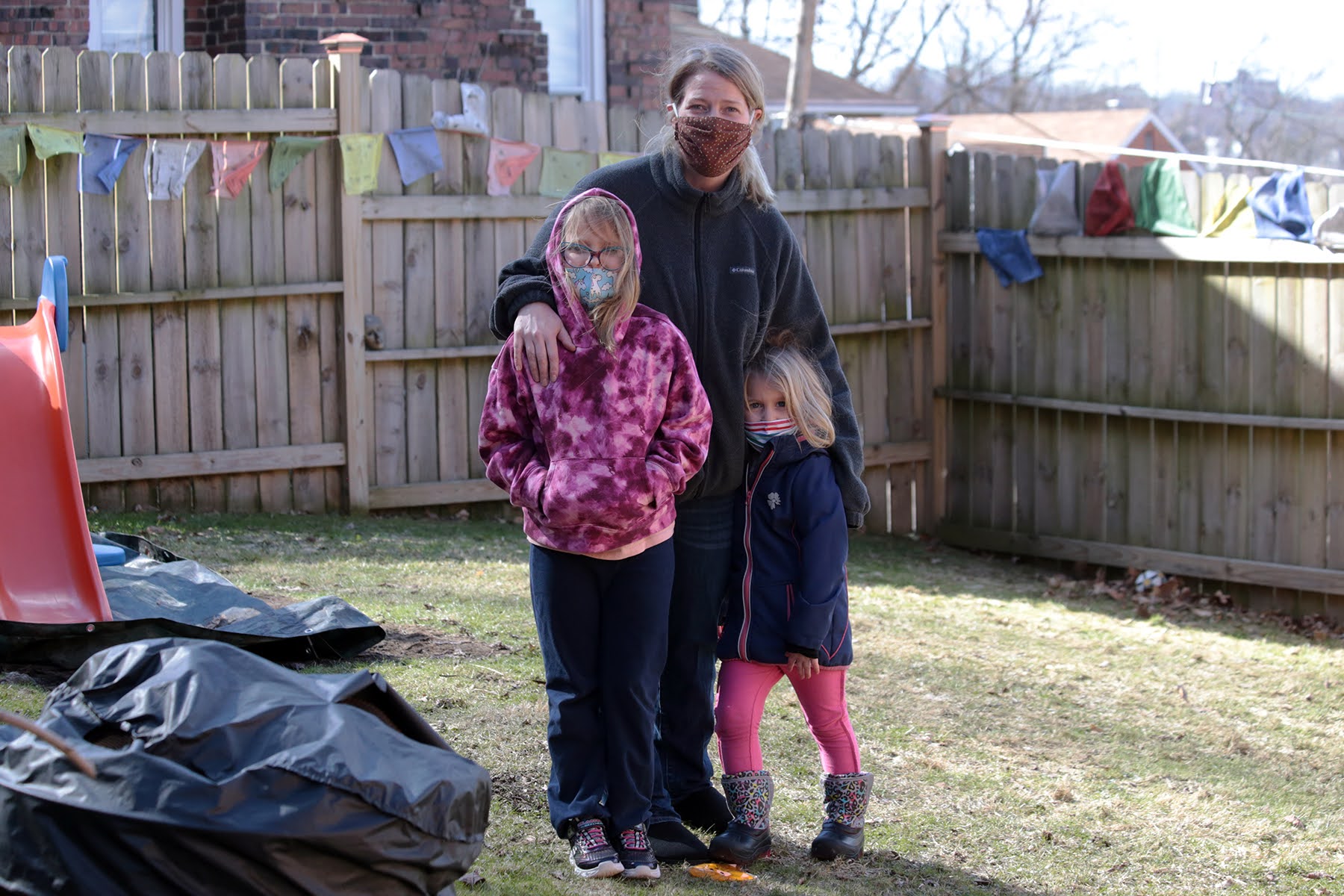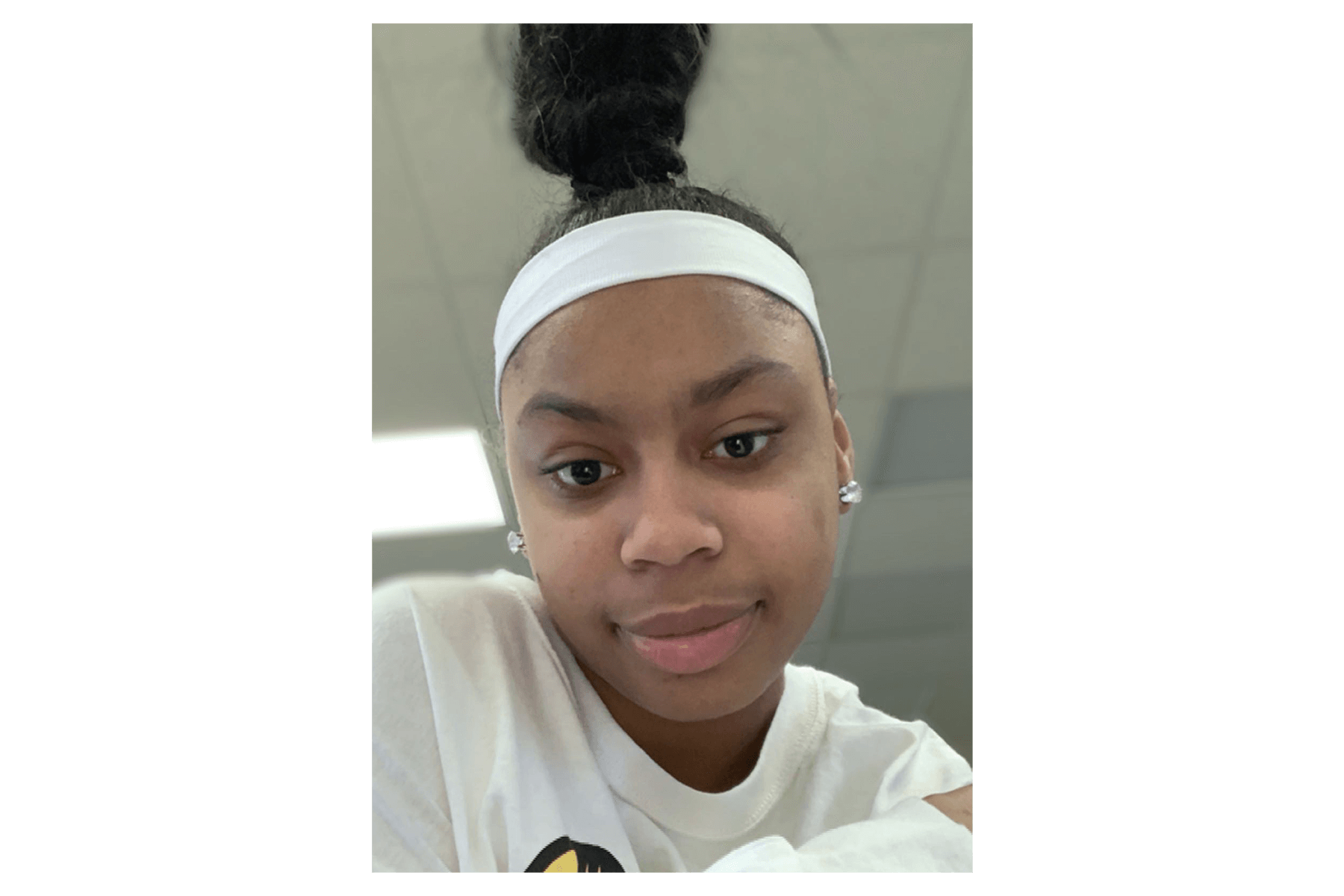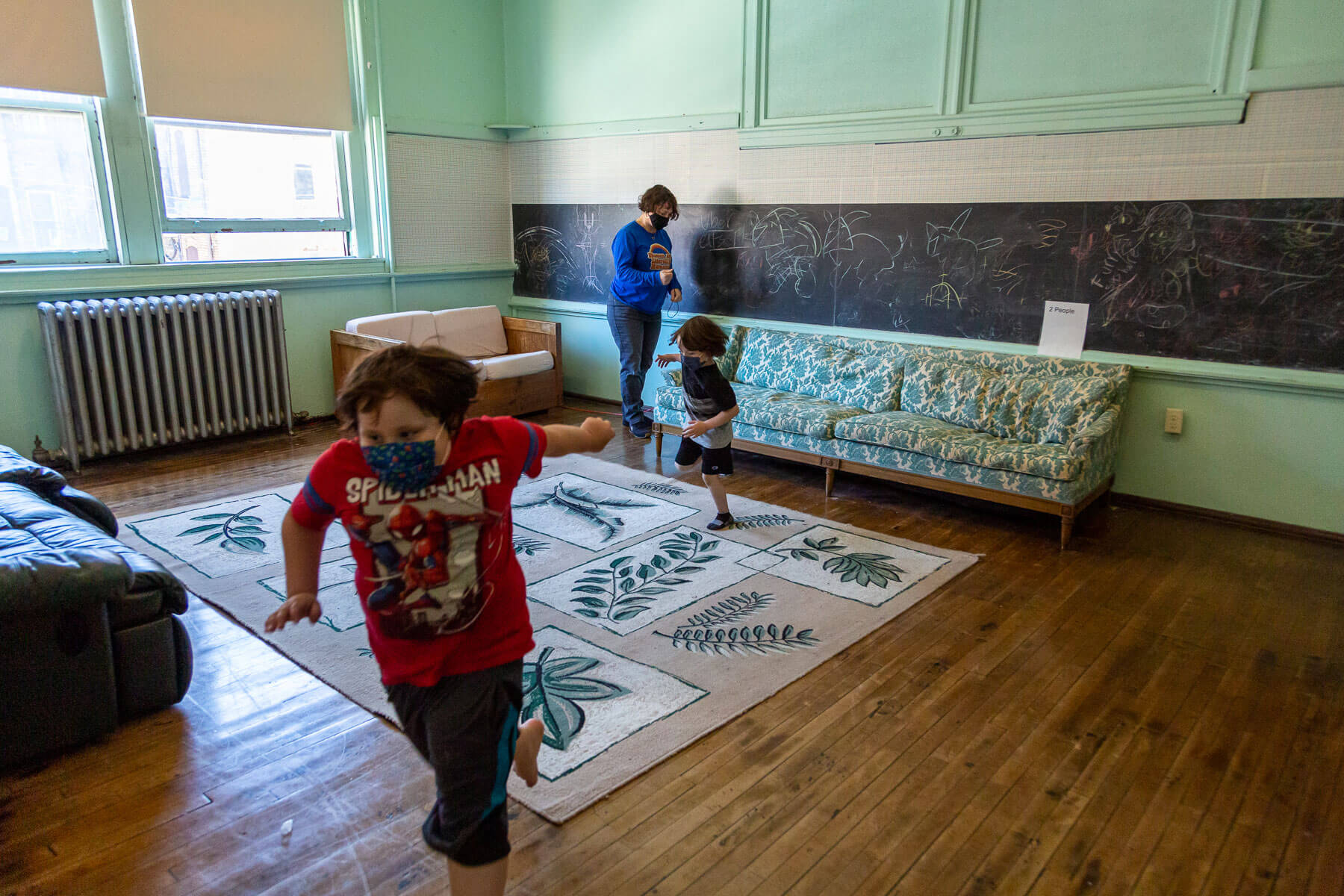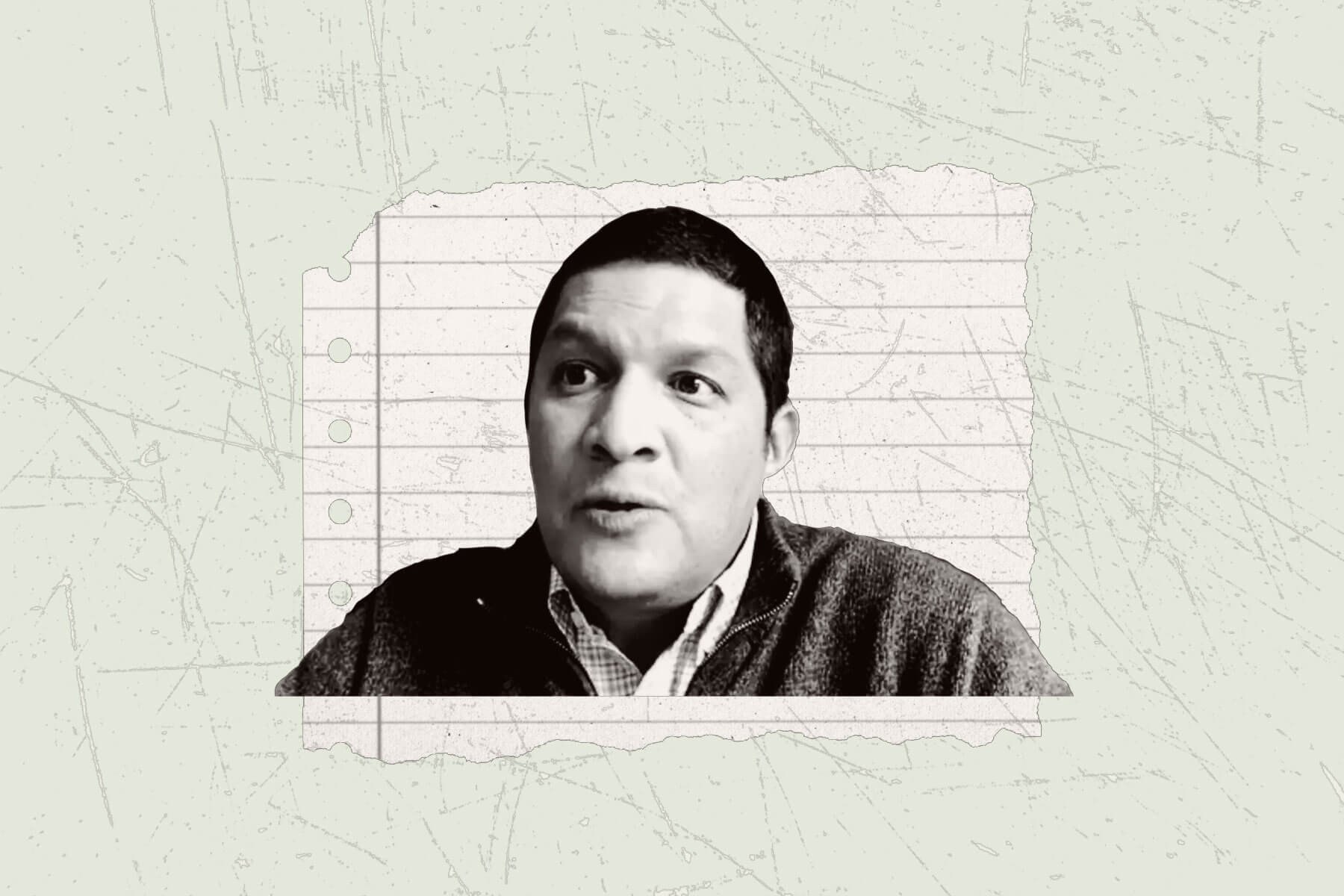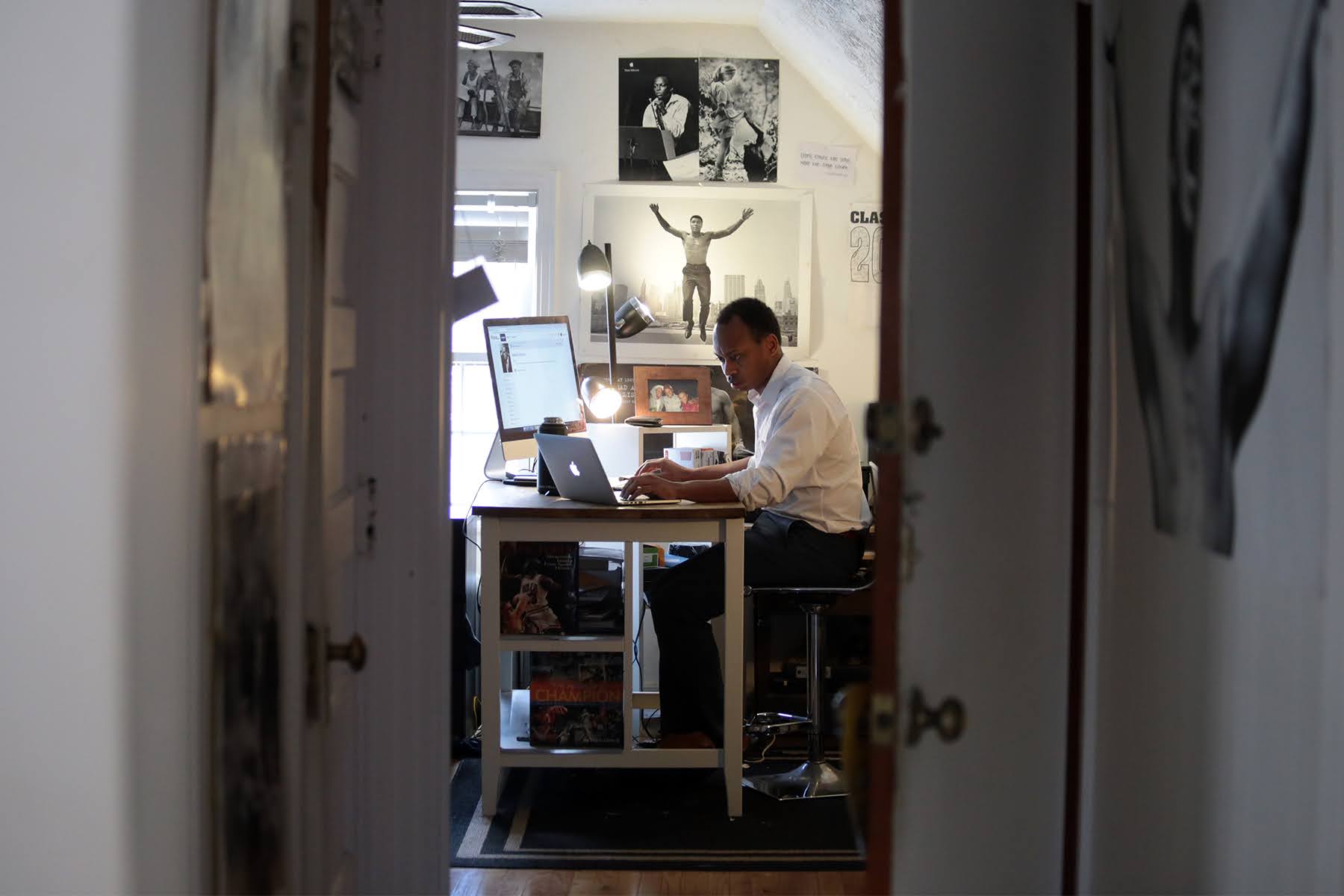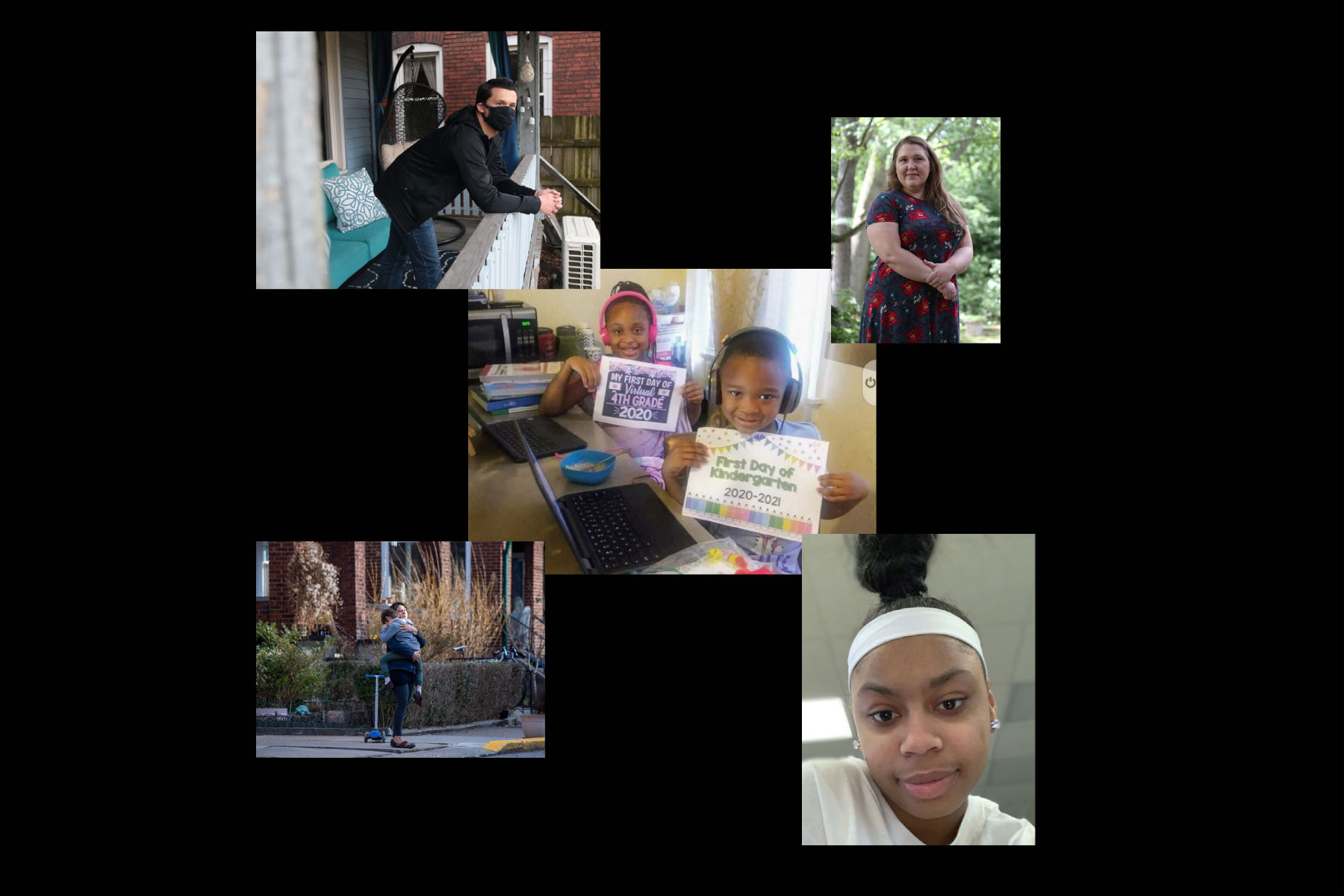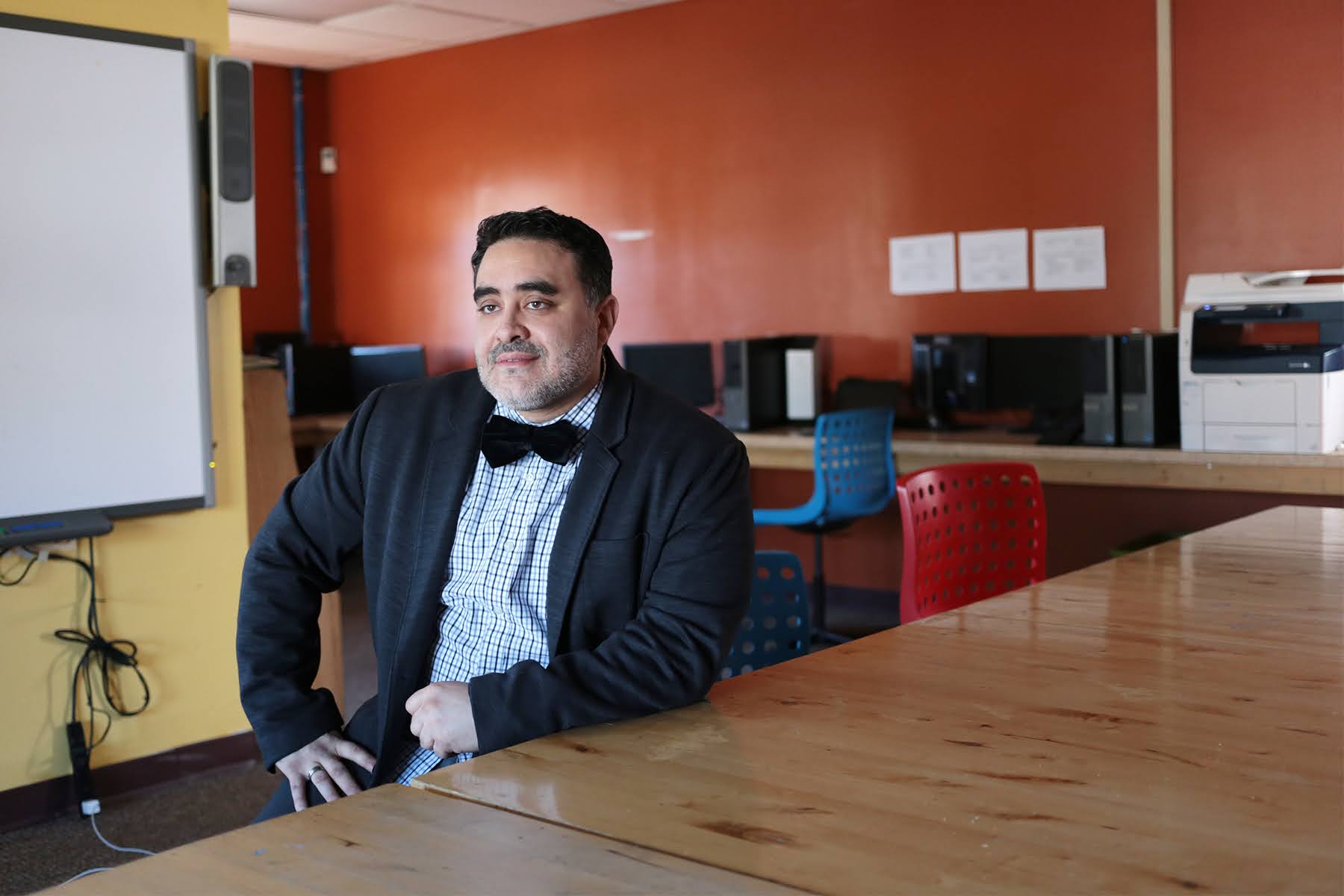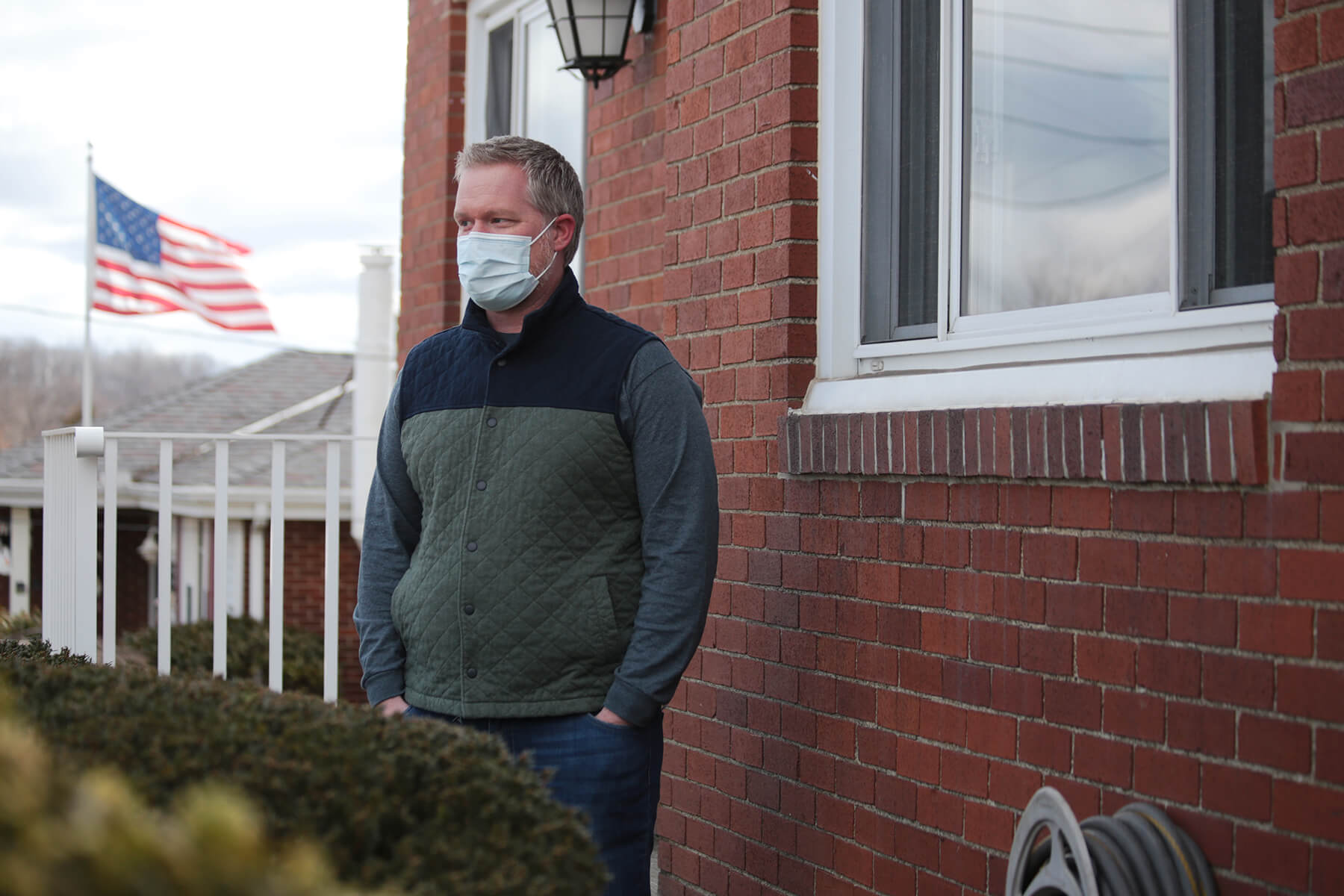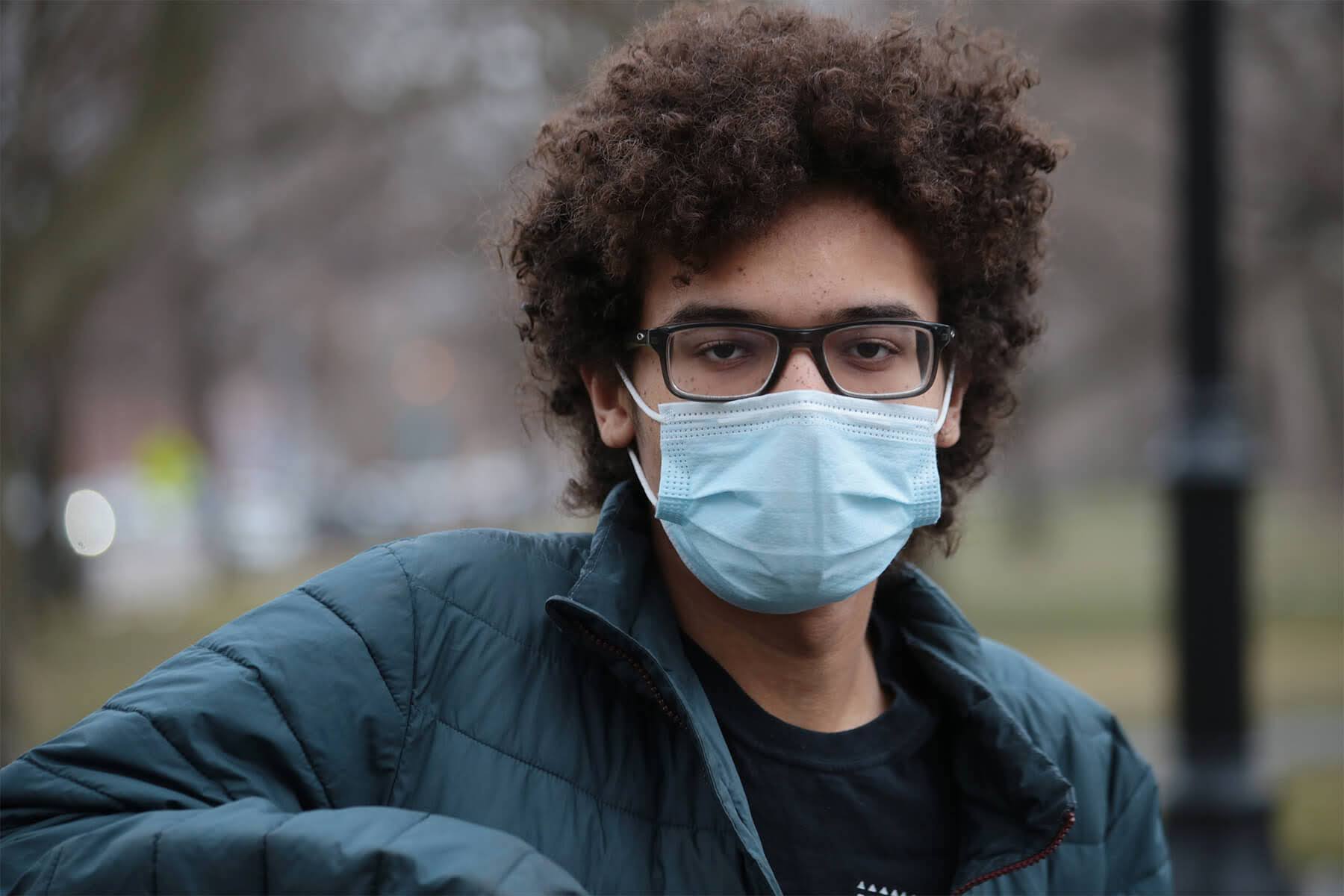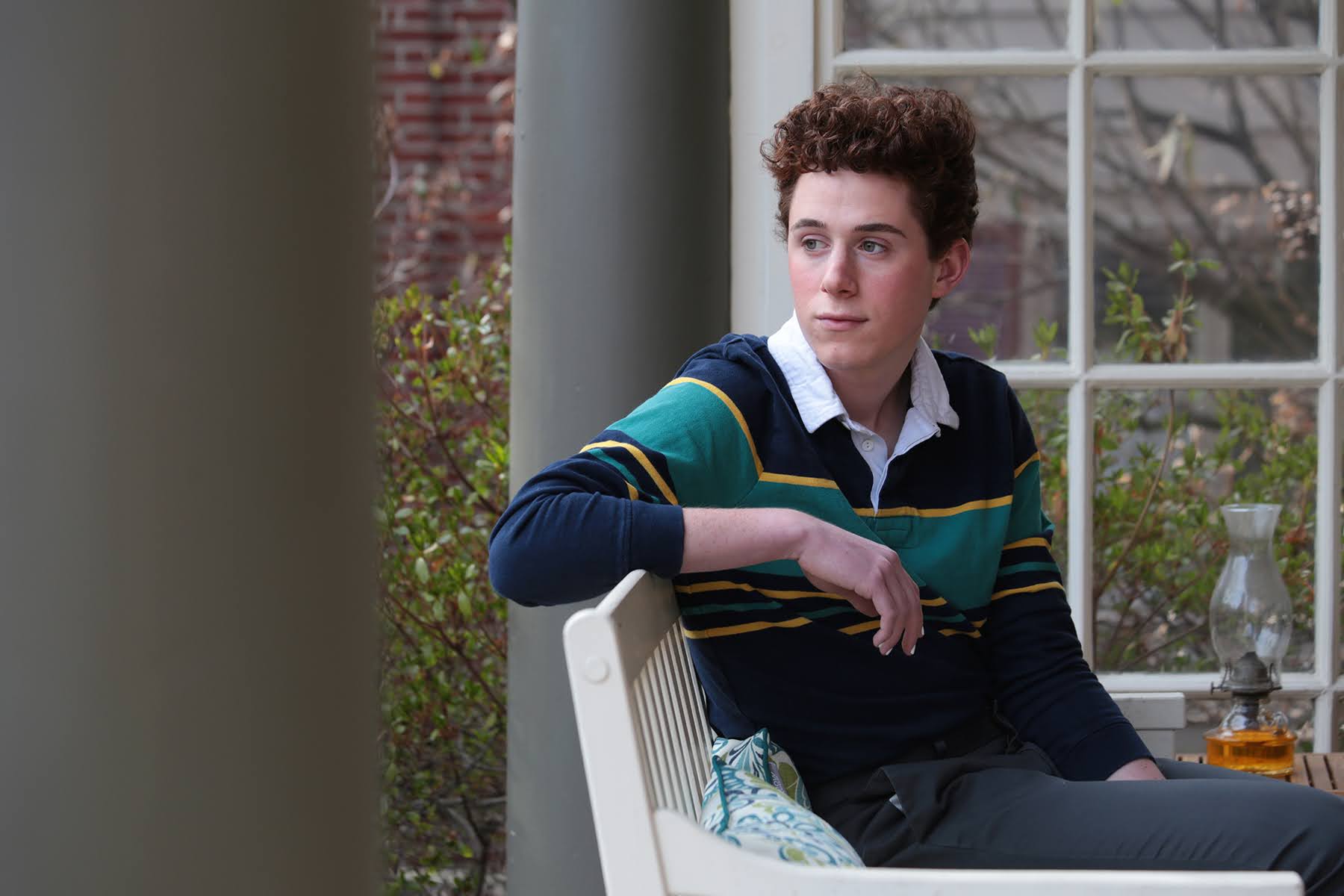ABOUT THIS SERIES
The last time most students in Allegheny County and throughout the state had any semblance of a normal school day was March 13, 2020. As they left school that Friday, school districts across Allegheny County learned of Gov. Tom Wolf’s order to close schools for 10 days due to rising COVID cases, starting Monday, March 16, 2020.
Since that day, the state of public education in the Pittsburgh region and beyond has completely shifted — and some students are hanging by a thread a year later.
While many of the 43 districts in Allegheny County have returned in variations of in-person and hybrid learning (a blend of in-person and virtual learning), the county’s largest district hasn’t. Pittsburgh Public students aren’t expected to return to school buildings until April 6 at the earliest; Pre-K, kindergarten and students struggling to progress in virtual learning will return first.
School districts have each weathered the pandemic in their own way.
As conversations swirl about how this upheaval could reshape the future of public education and what impact it would have on local school-aged kids, we, at PublicSource, set out to learn how the COVID-19 pandemic has already changed educational experiences for families, students and educators in the Pittsburgh region.
PublicSource spoke with kids, parents, teachers, school administrators, learning hub leaders and community advocates to hear their reflections on the last year of learning: what worked, what didn’t and what they hope for the future of schooling. Some of these connections came through an online form we started circulating on social media in January, inviting families and educators to share their stories.
One Pittsburgh Public Schools mother said, “There hasn’t been a day without challenges.” A mother of a Keystone Oaks student said that while her school has been as accommodating as possible, “I have watched my happy, engaged child do a 180.”
A freshman student at Pittsburgh Public worried about the inability to create new bonds and friendships without extracurriculars and a traditional brick-and-mortar school experience. Others, who recognize they were in more privileged situations than their peers, felt more prepared for remote learning and found silver linings in the change of environment.
The school community will soon face a new school year. Will the lessons of 2020-21 outlast the pandemic? How can Pittsburgh’s educational community reverse the impacts of a year that deepened educational inequities and create long-term solutions for equitable public education for all? We tried to answer those questions in the series and hope our readers will find the “Screen Test" project valuable and illuminating.
We will be releasing stories in the series each week over the next two months.
TyLisa C. Johnson coordinated the "Screen Test" project, authoring several of the stories and coordinating engagement with students, parents and teachers countywide. We also thank those community members who contributed their experiences and writing talents to enrich this project.
If you are a student, parent or educator and want to share a story or photos of your first year of learning amid COVID, submit your story through our short form or email tylisa@publicsource.org.

